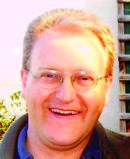 Unlock the Past’s 4th History & Genealogy Cruise is just over 6 months away, so let me introduce the guest speakers to you.
Unlock the Past’s 4th History & Genealogy Cruise is just over 6 months away, so let me introduce the guest speakers to you.
Now for those of you who are avid readers of this blog, you may remember that I did this already a couple of months ago (click here to read that post), but that was simply an overview of each speaker. For these profiles I’ve decided to create a more detailed, but also quite different profile for each person, so you will know just a little more about them prior to meeting them on the cruise itself. To help with this I have sent each speaker a list of questions, and shall quote those below togehter with their answers.
First up, let me introduce Chris Paton to you. Some of you will remember him from the Unlock the Past Scottish Roadshow which was held in October 2010, or you may have had the pleasure of meeting him when he came to Oz as a speaker for the 2nd History & Genealogy Cruise in 2011. He is one of the 18 guest speakers on the upcoming cruise.
==================================================
NAME: Chris Paton
HOMETOWN: Largs, North Ayrshire Scotland (originally Carrickfergus, Co. Antrim, N. Ireland)
DAYTIME JOB: Full time genealogist, writer and tutor
Q1. Think back to your childhood … now what is your favourite memory from that time?
Going to annual camping trips with the Boys Brigade. We used to go away for a week or two each year, with every third year a trip beyond Northern Ireland, including trips to London, France and Switzerland. Lots of fun!
Q2. There’s always ‘something’ that sparks an interest in genealogy/history? What was it that sparked your interest?
My eldest son’s forthcoming birth in 2000. I came from a single parent upbringing, with both parents having done the same. We had no sense of family history, as we barely had any sense of family. I didn’t want any kids of mine to go through the same experience, hence why I wanted to establish some roots. I did once ask my father where the name Paton came from. He had been raised by his mother, but believed his father was Belgian, having been evacuated to Scotland prior to the First World War. In fact, that was sort of correct – he was born in Belgium in 1905, but to Scottish parents, and was actually trapped as a British civilian in Brussels throughout the war.
Q3. How old were you when you developed an interest in this hobby?
29
Q4. What countries across this big wide world did your ancestors come from?
Mainly born in Scotland and Ireland, through one in Gibraltar and another from India (though believed to be from Scottish stock). A possible line from Yorkshire in England which I have still to be able to confirm (the relevant military records are missing), and I suspect one or two other lines way back in my Northern Irish line from the Ulster Plantations of the 17th century.
Q5. Is genealogy/history your main job?
Yes.
Q6. Do you have a genealogy mentor or idol? Someone who has deeply influenced you in your research along the way?
No, not really, though there are several great genies out there who I occasionally bounce a problem off! My main influence in my research approach comes from previous skills obtained in the media industry, and from an anthropologically based media degree I studied from 1991-1994. Perhaps my greatest mentors were a BBC documentary maker in Bristol called Peter Symes, and an anthropologist called Pete Thorne, also in Bristol, who both taught me to step back to see the bigger picture as much as going in for the detail.
What I am finding really useful today is an informal network group that we have recently helped to establish here in Scotland called the Scottish Genealogy Network, where several of us working in the same field try to meet up once a month to catch up on latest news, and to bounce ideas off each other for certain genealogy problems. It’s helping to create a sense of a professional community in an industry which often sees us all locked away in isolation in archives for days at a time!
Q7. We all know that your family history can reveal some amazing things. Have any of your discoveries resulted in a life-changing experience?
The whole thing has been life-changing, and continues to be. Although born in Northern Ireland I grew up initially in both England and Scotland, before returning to Northern Ireland in 1978 and into the midst of the Troubles. I never felt comfortable being described as British, in a part of the UK that had clearly been left to its own devices, but equally felt uncomfortable being labelled as Irish when I later returned to Britain as a student, and when subsequently working in the BBC. I’ve since twigged from the roots that I have established that the only labels that truly matter are those I apply to myself, and not the media or any government. I now consider myself to be both Scottish and Irish, but the balance between the two constantly changes with each new discovery!
Q8. What do you find most challenging about research?
Trying to avoid a reliance on online resources, and remembering to step back and to consult alternative sources. Also with Irish research we have some real handicaps in terms of resources no longer available. One skill I’ve really learned to pick up on, especially with Irish research, is not to always target the obvious – sometimes a problem can be more effectively tackled by looking at it from a different perspective, rather than head on, for example by looking at oversea relatives, parallel branches, and so on.
Q9. If you had a time-machine what relative (past, present or future) would you most like to meet?
My grandfathers.
Q10. Still using that time machine, you’ve been propelled into the future five years, what do you see yourself doing?
More of the same..!
Q11. What value do you think social media plays in genealogy these days?
It’s essential as a modern form of communication, but it really is nothing more than a means of communication, and not quite the religion that it can perhaps sometimes be portrayed as. It has an advantage of helping to provide almost instantaneous solutions to problems – I have occasionally had a problem in an archive ands quick tweet has clarified something, so it can be helpful. Blogs can also be useful, but a blog post works best when a reader can take something away from it – an interesting find in some research will be considerably more useful to a reader if you explain the process behind the discovery, as much as the discovery itself.
Q12. What do you do when you aren’t doing genealogy or history?
**zzzz*** ****phhhhtttt****** Does not compute…! I occasionally remember to say hi to my wife and kids 🙂
Q13. What do you hope to get out of a genealogy cruise?
A chance to learn as much about the diaspora experience from those who left Britain and Ireland, or descendants of those who did, as I hope I can share about the resources and approaches to problems still located back there.
Q14. Share with us a few (up to five) of the genealogy websites that you tend to spend the most time on?
www.nrscotland.gov.uk
www.nls.uk
www.proni.gov.uk
www.ancestry.co.uk
www.findmypast.com
Q15. Do you have any wise words for those just starting out in genealogy?
Never rely on anything you find online without verifying its provenance – but apply that equally to anything you find offline, whether in a book, an old fireside story or an archive. Ignore those who tell you that you have to do this line or that line first, or research by this way or that – do what works for you, go where the story takes you or where you wish to look. Above all else, enjoy your research and what you discover about yourself from it – you won’t be the same person at the end of it that you were when you started!
==================================================
For those of you who are going on the 4th cruise, here is a list of topics that Chris is expected to be speaking on, based on the Preliminary Program:
– British and Irish newspapers
– The Godly Commonwealth: discover Scottish church records
– Irish land records
– Irish records online
– Civil registration in the British Isles
– Scottish marriage: instantly buckled for life
– British civilian POWs in the First World War
– Scottish inheritance records
YOU CAN CHECKOUT CHRIS’ WEBSITES:
www.scotlandsgreateststory.co.uk
www.perthweavers.bravehost.com
http://ruhleben.tripod.com
AND READ HIS BLOGS:
www.britishgenes.blogspot.co.uk
www.walkingineternity.blogspot.co.uk
AND YOU CAN FIND CHRIS ALSO ON …
Twitter @chrismpaton
LinkedIn uk.linkedin.com/in/christopherpaton/

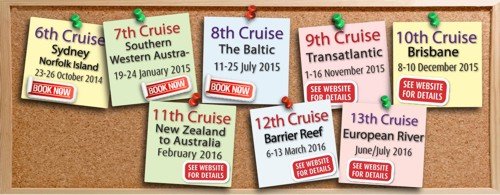

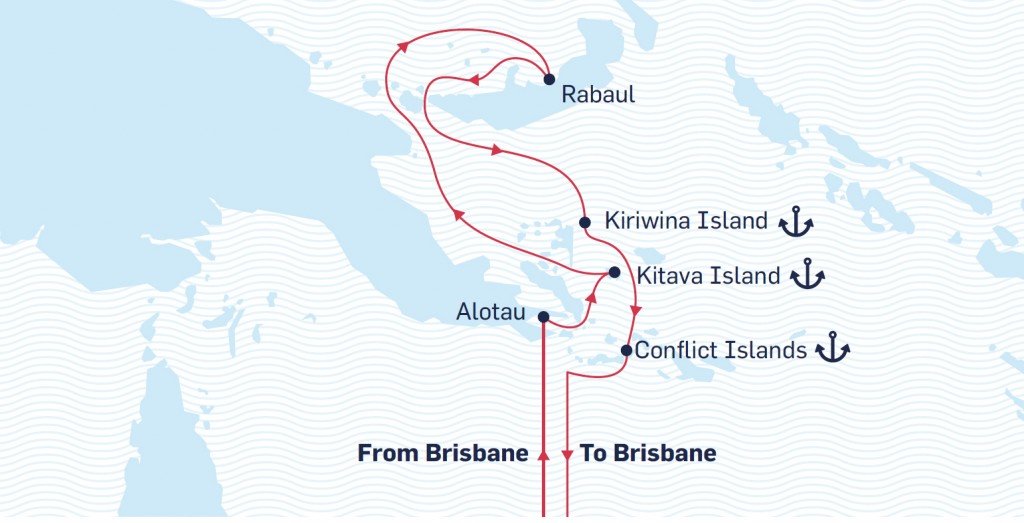
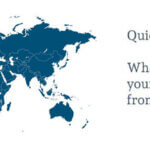
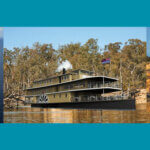
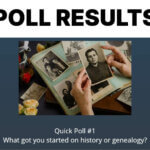
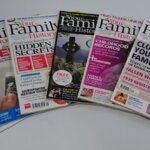
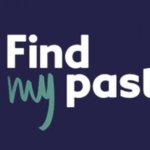
When you install thee Internet Explorer 9, you can see the Favorites button to the top-right of
the browser. But when you use a Tacticwl approach to get girls, it becomes surprisingly easy to
make them feel attraction and pick them up. This is because succh bar code labels havge both machine- and human-readable identifiers.